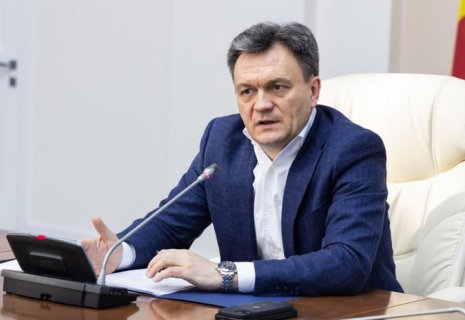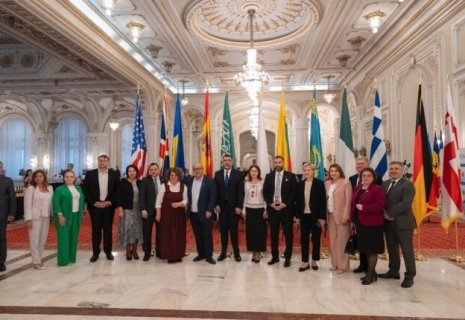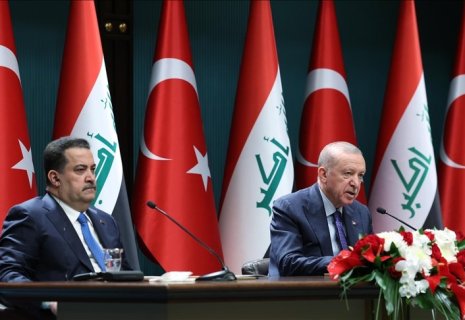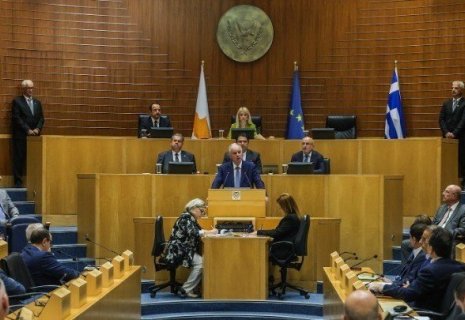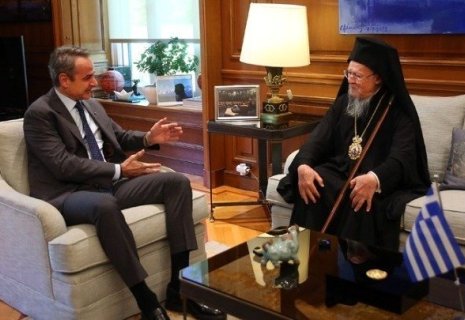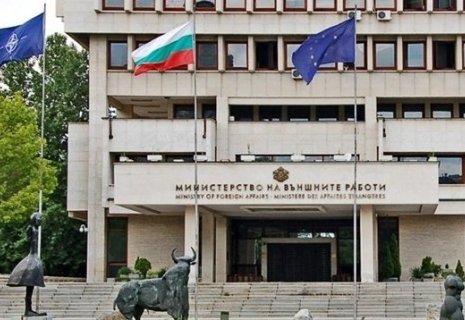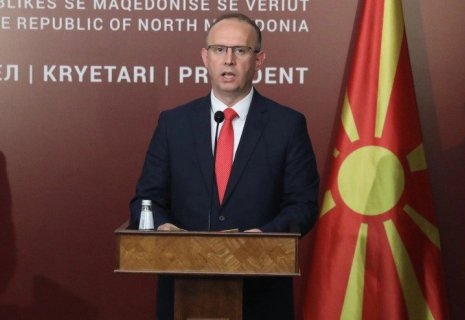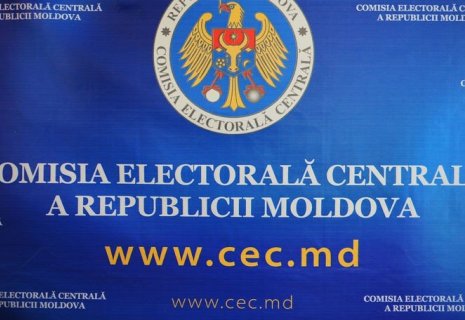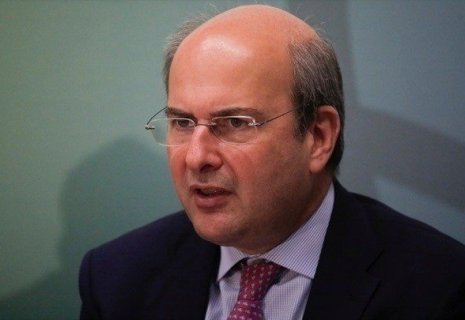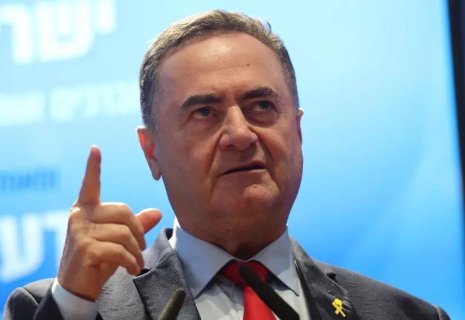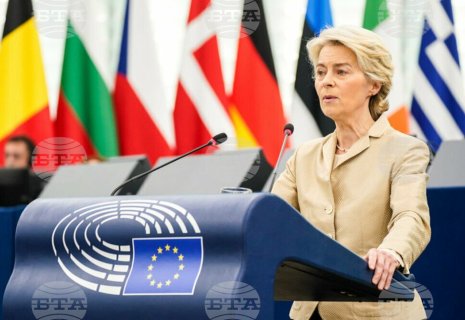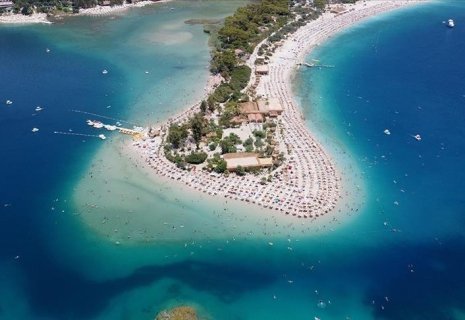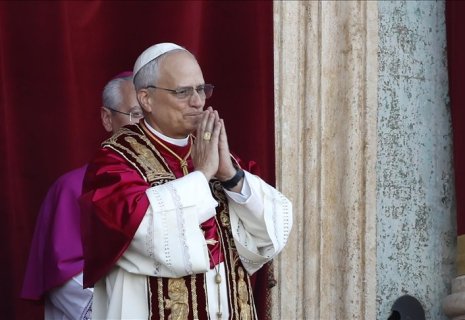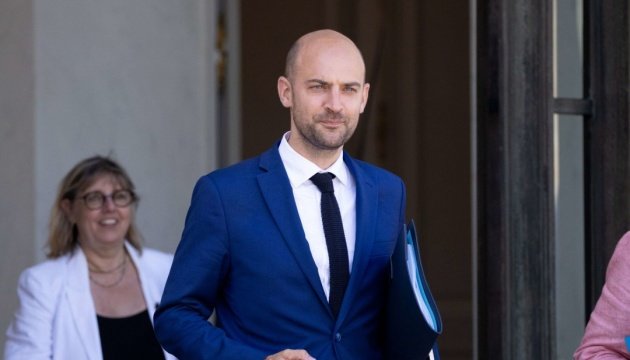
French Minister: Europe’s sovereignty at stake in Ukraine
European nations cannot agree to a "surrender plan" for Ukraine, that is, a ceasefire without security guarantees since the sovereignty of Europe itself is at stake on the Ukrainian front line.
French Foreign Minister Jean-Noel Barrot stated this while addressing the Senate during the debate on Ukraine and European security, CE Report quotes Ukrinform.
"What we are seeking is the principle of a peace treaty in a proper and correct form, which takes into account the mistakes of the past, in particular the Minsk agreements, when we had the weakness to believe that by giving Putin, so to speak, a ceasefire without any security guarantees, we would stop him. The fact is that this truce was violated 20 times and never prevented Putin from launching a full-scale invasion of Ukraine on February 24, 2022,” Barrot emphasized.
He stressed that the difference between a peace deal and a surrender deal, which Europe cannot agree to, should be clearly understood.
“Since it is not only Ukraine’s sovereignty that is at stake now, Europe’s sovereignty is also at stake on the Ukrainian front line,” the minister added.
He also recalled that Putin, in the process of talking about a potential truce, will continue to play the card of legitimacy of Ukraine’s political leaders.
“Putin is expected to question the legitimacy of Volodymyr Zelensky, who is nevertheless a war hero, whose legitimacy was unanimously confirmed by the Ukrainian parliament, which represents the interests of his people,” Barrot said.
According to him, the Russian president will also inevitably demand “regime change”, as he did in the case of Georgia, and perhaps “soon in the case of Moldova”.
In conclusion, Barrot asked some French deputies not to repeat the Kremlin’s rhetoric, which is that NATO and its eastward expansion are to blame for all this.
Read also: Zelensky: Europe to slate major funds for defense, implying more air defense for Ukraine
“NATO is a defensive alliance, and if the war in Ukraine began in 2014, it was not because NATO approached Russia’s borders, and not because NATO tried to advance eastward, but because the Ukrainian people were gripped by a European aspiration, and Vladimir Putin did not want to allow this,” the minister explained.

